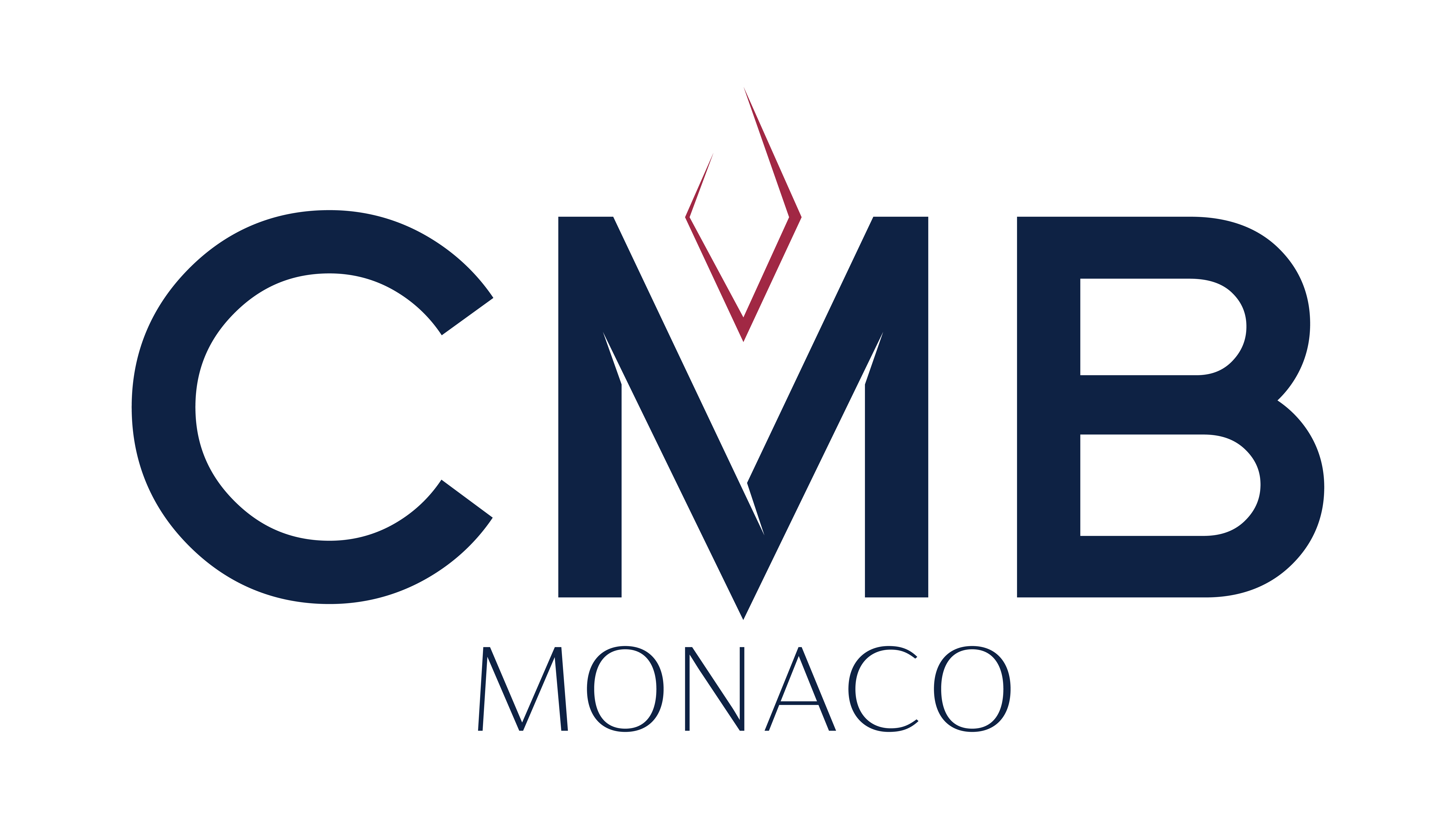Joint Interview: The Human Resources Perspective on Our Graduate Program
10 September 2024
The success of a graduate program largely depends on the vision and commitment of the teams that implement it. At CMB Monaco, Amandine Decoster and Caroline Mari, two key figures in the Human Resources department, played a pivotal role in the creation and development of this program, aimed at attracting and training the talents of tomorrow. With their experience and complementary skills, they share their vision, the challenges faced, and the successes that have made this graduate program a real springboard for young graduates.
1. Can you explain what motivated you to launch the graduate program at CMB Monaco? What were the main goals you wanted to achieve with this program?
Amandine Decoster: These programs are increasingly appealing to young graduates as these accelerated experiences and trainings are real career boosters. In fact, several studies show that interest in graduate programs among young graduates is growing.
From an employer’s perspective, this type of initiative helps us retain talent: while 48% of employees under 30 leave their positions in less than 22 months, 75% of graduates remain with their companies beyond this time.
Caroline Mari: To meet our ambitious growth goals, we are convinced that this type of program can help us stand out and become an employer of choice in Monaco. The main objective is to recruit young graduates with strong development potential, who will embrace our values and company culture.
2. How did you design and structure the graduate program to make it as beneficial as possible for participants?
AD: During the first two years, graduates rotate through our commercial teams and work with our investment and credit experts to develop their expertise. Simultaneously, they have the opportunity to pursue certain certifications and trainings to aid in their development, and they also benefit from personalized support.
3. What selection criteria do you use to choose the candidates for the program?
CM: The recruitment process is very selective and involves several stages.
It includes various types of tests and involves different colleagues from our organization. It requires real commitment from the candidates.
The different recruitment stages allow us to evaluate both technical and behavioral skills, so we can identify the best candidates.
4. What are the main skills and qualities you look for in candidates?
AD: Our graduate program targets young talents with specialized degrees in banking or finance and who have had some initial experience (internships, apprenticeships, or short-term contracts) in direct client contact.
The skills we seek include strong knowledge of financial analysis, investment, and financial management techniques, a good grasp of different financial products across all asset classes, and fluency in both French and English.
In terms of qualities, excellent interpersonal and commercial skills, a sense of rigor and organization, a genuine sense of customer service, and a team spirit are essential. Lastly, dynamism and agility are crucial for this type of program.
But beyond these various skills and qualities, what stands out is that we are above all looking for someone with passion. Someone who understands our values, has a taste for challenges, and can contribute ideas to help us build the bank of tomorrow. It's truly this "passion" factor that helps us choose between excellent candidates.
5. Can you tell us about the managers involved in the program?
CM: Our managers play a crucial role in the success of our graduate program. They are deeply involved in every stage of the process, from candidate selection to their integration and development within the company. With their expertise and commitment, they ensure the graduates' progressive skill development by providing personalized guidance, complemented by continuous training opportunities. Their involvement not only ensures the quality of the program but also promotes the professional growth of the graduates, preparing them for greater responsibilities within our organization.
6. How do you see the future of the graduate program? Are there any improvements or expansions planned?
CM: The graduate program is currently planned for a two-year period, and at this stage, no major changes are foreseen. However, we remain flexible and are already adapting the program based on the profiles of the graduates while maintaining a common foundation. This flexibility allows us to meet the specific needs of each graduate and maximize their professional development. Additionally, we place great importance on diversity within our program. We firmly believe that diversity in profiles and experiences enriches our work environment and fosters innovation and creativity.
7. What advice would you give to other companies considering launching their own graduate program?
AD: Launching a graduate program is a strategic initiative that requires careful preparation. My first piece of advice would be to design the program in a way that offers a logical and coherent progression. Graduates must have a clear vision of their journey, with defined steps for their skill development. It’s also crucial to maintain some flexibility to adapt the program to the specific needs of each graduate and the company’s evolution.
Next, it’s essential to establish rigorous selection criteria. The recruitment process should be structured to assess both technical skills and soft skills, with multiple evaluation steps involving colleagues from various departments. This ensures a diverse and fair selection.
Lastly, it is vital to communicate effectively about the program, both internally and externally, something we collaborate on with the Communications department. Well-orchestrated communication helps attract the most promising talents and showcases the company’s commitment to developing young professionals. A quality program that is well perceived internally and externally becomes a true asset for employer branding.

